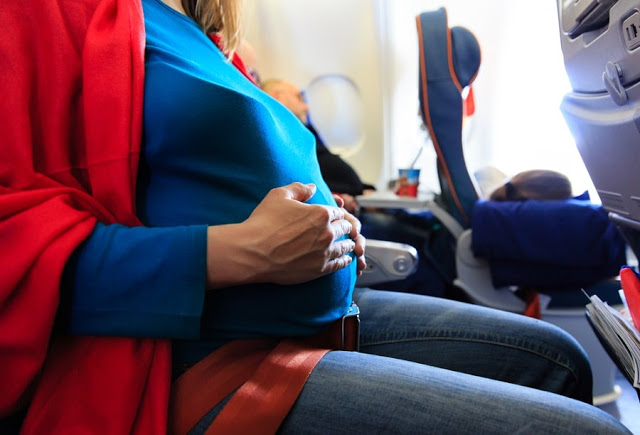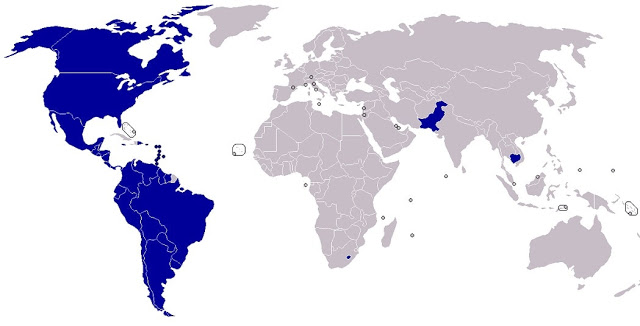by Staff writer
Before we ever had planes, there were ships (which were slower and thus way more likely to be the setting of a child’s birth).
Generally, if a baby is born in international waters (or in the airspace above international waters), the child takes the citizenship of the mother.
Pretty straightforward, right?
Well, not always.
First of all, who has each country’s nationality is determined solely by that country’s laws.
To determine what nationalities a person has, you must first examine each country’s citizenship laws to see all available options.
Legally, there are two major principles:
1. Jus sanguinis
2. Jus soli
Jus sanguinis (meaning right of blood) is a principle of nationality that allows you to adopt the citizenship of the bloodline from which you originate.
Here, children at birth will automatically be citizens of the country where one or both of their parents come from.
Another principle called jus soli (meaning right of soil), also known as birthright citizenship, is the right of anyone born in the territory of a state to become a citizen of that state.
Not all countries do this, so don’t go traveling to North Korea in your third trimester just to attain that coveted North Korean citizenship for your unborn child.
The following map illustrates which countries (marked in blue) seem to observe jus soli citizenship rights:
Note that this only amounts to just about 30 of the approximately 200 nations of the world.
Almost all states in Europe, Asia, Africa and Oceania grant citizenship at birth based upon the principle of jus sanguinis (right of blood), in which citizenship is inherited through parents and not by birthplace, or in some cases a restricted version of jus soli in which citizenship by birthplace is automatic only for the children of certain immigrants.
Both the US and Canada currently extend an offer of citizenship to any child born in their country.
The UK observes a modified version of jus soli which requires that one of the child’s parents must be “legally settled” in the UK for the child to be given citizenship.
Some other countries don’t require legal citizenship or residency per se, but do require a parent to have lived in the country for some period of time.
Thailand, for instance, requires that the parents have legally lived in Thailand for at least 5 years (legally) for jus soli to be valid for a child.
***
But things get a little shadier for births that occurred on ships and aircraft.
What law determines what nationality a child born mid-flight will have?
According to the United Nations, a baby born on a flight is a citizen of the country where the airline is registered.
However, this is not always the case. Weirdly enough, despite its general adherence to jus soli, the United States will not recognize a baby birthed on a U.S. vessel unless it is docked at a U.S. port or flying within the country’s airspace.
There are plenty of stories about real life ”sky babies.”
A baby born on an Alitalia flight from Bombay to Rome, to Polish parents, on 5 November 1997, born about one hour after the flight took off, still in Indian airspace, got Italian citizenship because Alitalia was defined as Italian space, and birth on Italian soil grants the citizenship.
There was a Taiwanese woman in October 2015 who gave birth on her flight to the United States, and was accused of attempting “birth tourism”—in which pregnant women travel to countries in the hopes of gaining citizenship via jus soli.
“Anchor baby” is another related term to describe this, but can have negative connotations.
There is at least one confirmed benefit to being a citizen of the sky though:
Many airlines have been known to grant free air travel to all babies born on their planes!





Any place my wife births my child he or she is an original Ibo man!